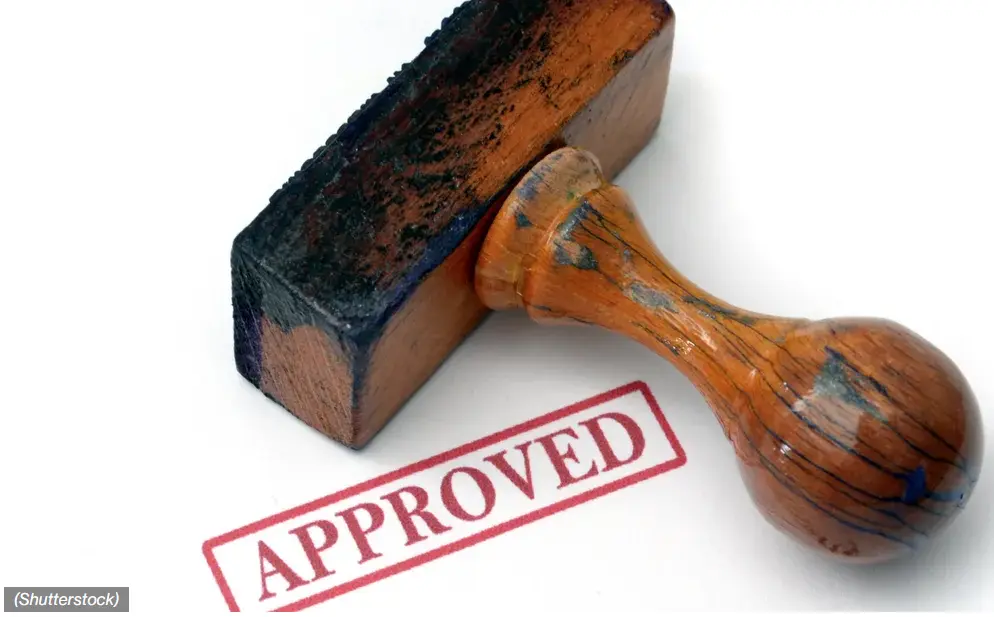
Reuters: FRANKFURT, Nov 29 (Reuters) - The European Central Bank warned on Tuesday that it might make a loss as high inflation forces it to raise interest rates and foot the bill of a decade of aggressive money printing. Having raised interest rates to fight runaway prices, the ECB must make huge interest payments to commercial banks on some 5 trillion euros worth of deposits it created via massive bond purchases and cheap loans. Those stimulus tools, deployed over several years when inflation was too low, were now likely to push the ECB and some of its shareholders, such as the central banks of Germany, the Netherlands and Belgium, into the red. This might eventually force some of these central banks to seek a bailout that would raise questions about their independence and raise the ire of taxpayers. "We have to fight (inflation) by raising interest rates, which results in higher interest expenses that we pay to banks," the ECB said in on its website on Tuesday. "In this case our profit falls, and we might even make losses." Ironically, the central banks of the most fiscally prudent countries will be the hardest-hit because they warehouse a larger share of bank deposits and the bonds they bought on the ECB's behalf yield zero or less. The Dutch national central bank has openly acknowledged the risk that it might need a recapitalisation by its government, though finance minister Sigrid Kaag later cautioned this was "not yet on the table". The ECB, which is mostly owned by the national central banks of the 19 countries that have adopted the euro and accounts for 8% of the balance sheet of that so called Eurosystem, said it had other lines of defense. On top of depleting its provisions, it might tap any income that national central banks make on their monetary policy operations - such as bonds and loans. And it may defer any remaining loss by writing it on its balance sheet as a claim against future profits - a possibility also cited by the Bundesbank last week. Central banks can generally function even if they make losses that deplete all of their capital - as has happened in recent decades in a number of countries including Germany. Yet ECB doctrine says it should remain well capitalised to protect its independence from governments and its credibility as an inflation fighter. By Francesco Canepa, November 29, https://www.reuters.com/markets/europe/ecb-warns-losses-it-pays-price-decade-money-printing-2022-11-29/




